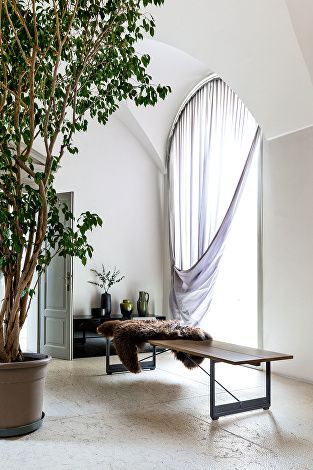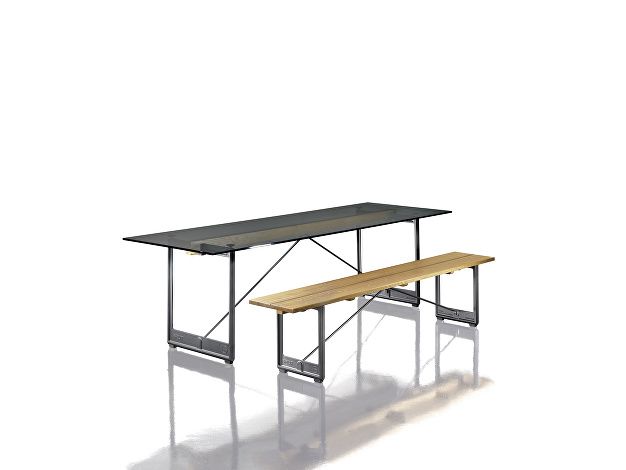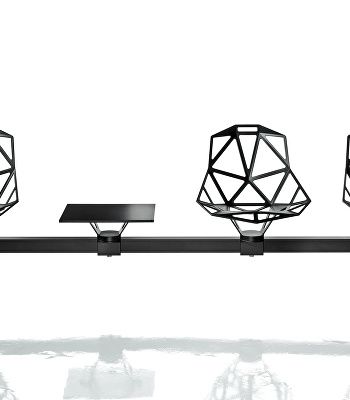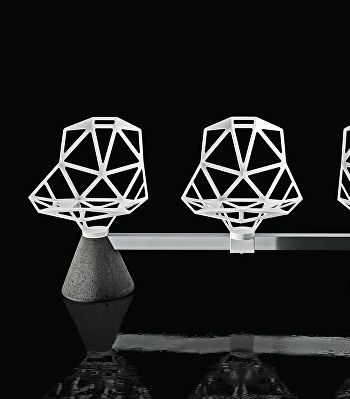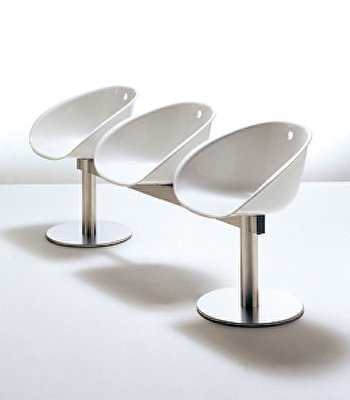Brut 7
Magis
Brut 7
Benches.
Material: frame in cast-iron, painted in polyester powder or cataphoretically treated and painted in polyester powder. Seat in solid oak, natural or in solid oak, natural.
View in 3D Enquire Add to Wishlist
| ID | Filename | Size | |
|---|---|---|---|
| 1 | Brut_benches.dwg | 1.88 MB | Login to download |
| 2 | BRUT BENCH INDOOR.3ds | 3.03 MB | Login to download |
| 3 | BRUT BENCH INDOOR_LARGE.3ds | 3.73 MB | Login to download |
| 4 | BRUT BENCH OUTDOOR.3ds | 2.99 MB | Login to download |
Designer
Konstantin Grcic
Konstantin Grcic was born in 1965, and trained as a cabinet maker at The John Makepeace School (Dorset, England) before studying Design at the Royal College of Art in London.
Since setting up his own practice, Konstantin Grcic Industrial Design (KGID), in Munich in 1991, he has developed furniture, products and lighting for some of the leading companies in the design field. His more renowned clients include Authentics, BD Ediciones, ClassiCon, Flos, Magis, Mattiazzi, Muji, Nespresso, Plank, Serafino Zani, Thomas-Rosenthal and Vitra. He has created a number of limited-edition pieces for Galerie Kreo in Paris since 2004.
Konstantin Grcic defines function in human terms, combining strict forms with considerable mental acuity and humour. Each of his products expresses a careful research into the history of design and architecture, and his passion for technology and materials. Known for his pared-down pieces, Grcic is often called a minimalist, but the designer himself prefers to speak of simplicity.
Many of his products have received international design awards, such as the prestigious Compasso d`Oro for his MAYDAY lamp (Flos) in 2001 and his MYTO chair (Plank) in 2011. Works by Konstantin Grcic are part of the permanent collections of the world´s most important design museums (including MoMA/New York and Centre Georges Pompidou/Paris).
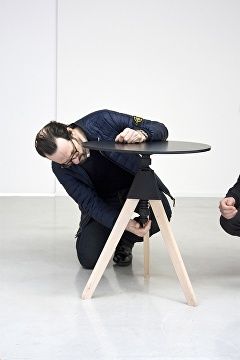

Magis
Magis was established in 1976 in the north east of Italy, one of Europe’s most dynamic industrial areas. It was founded by Eugenio Perazza, “a businessman who asks clear design questions that already provide a significant part of the answer, particularly when carefully formulated together with a talented designer” (Giampiero Bosoni, Domus 941, November 2010). The company is a prominent lodestar in the design world.
Its success is based on the desire to provide a broad swathe of users with access to high functional and technological quality products for the home, developed in partnership with major international designers, with a vision of the resulting products that is ethical and poetic as well as aesthetic.


